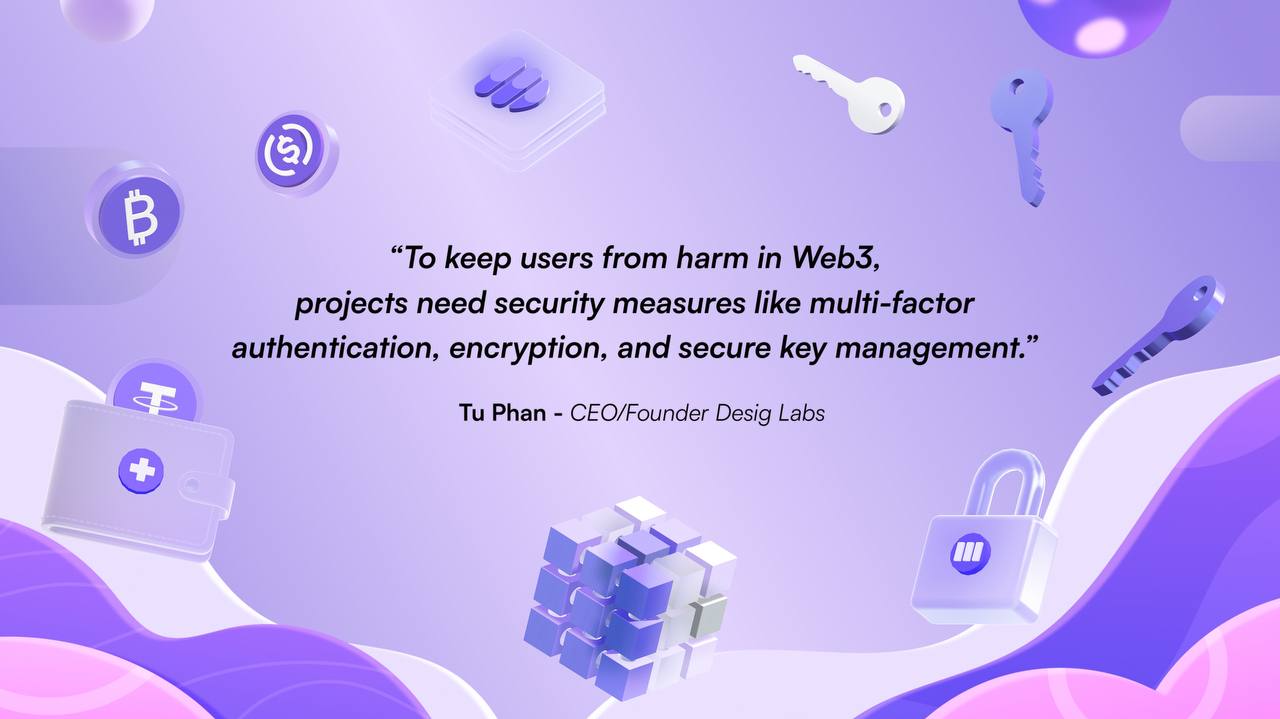Web3, with its vision of a digital world where individuals have control over their data and enjoy secure online transactions, holds great promise for the future. However, this vision is currently undermined by the prevalence of hacks and breaches that continue to plague the Web3 ecosystem. In 2022 alone, over 450 security breaches resulted in the theft of a staggering $4 billion USD in cryptocurrency, highlighting the urgent need for enhanced security measures.
Decentralized applications (DApps), including those utilizing traditional multisig wallets, face a myriad of vulnerabilities that malicious actors exploit. These vulnerabilities range from coding errors in smart contracts to compromised decentralized storage systems and targeted attacks on individual users through phishing and social engineering tactics. The repercussions of such attacks can be devastating, both for the affected individuals and for the broader adoption of Web3 technologies.
"To effectively address these concerns, security must be prioritized from the start," emphasized Junming Tan, Crypto Incident Response Investigator APAC at Chainalysis Inc. To protect their digital assets and identities, Web3 users are advised to utilize hardware wallets, enable two-factor authentication, and stay vigilant against phishing attempts. Martinet Lee, Head of Developer Relations at Quantstamp, emphasized the significance of verifying application authenticity and staying informed about potential threats.
Following industry standards can ensure higher security in Web3 projects. Tu Phan, Founder and CEO of Desig Labs, highlighted:
“To keep users from harm in Web3, projects need to proactively prioritize security measures such as multi-factor authentication, encryption, and secure key management in the battle against hacks and exploits. Desig, for example, employs innovative techniques that eliminate the need for passphrases and leverages zero-knowledge technology to protect private keys from phishing attempts and key recreation by attackers.”














